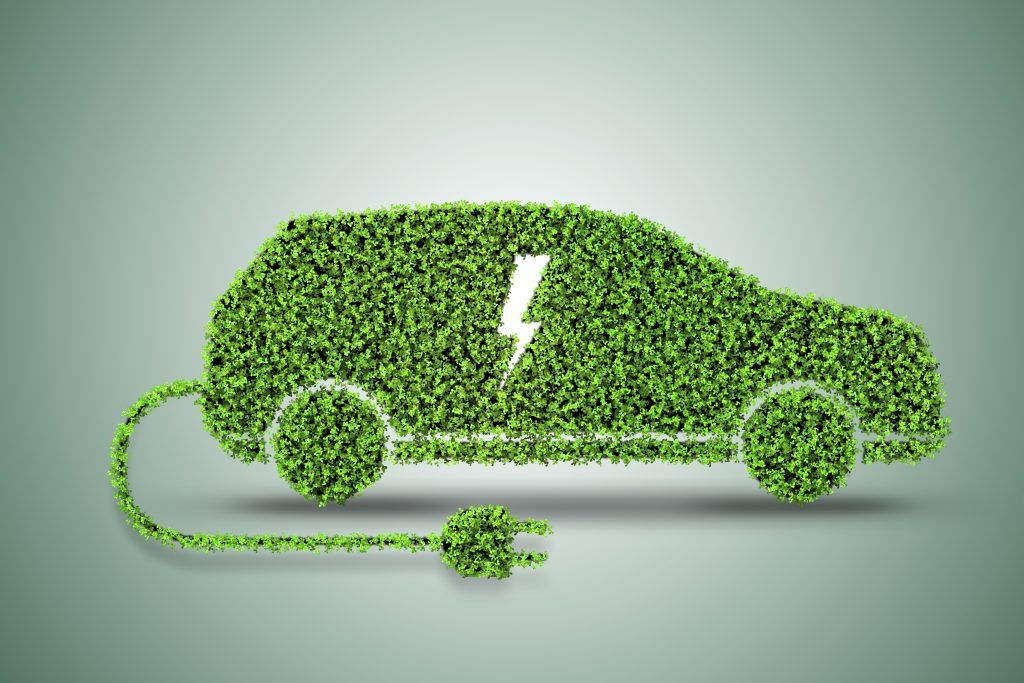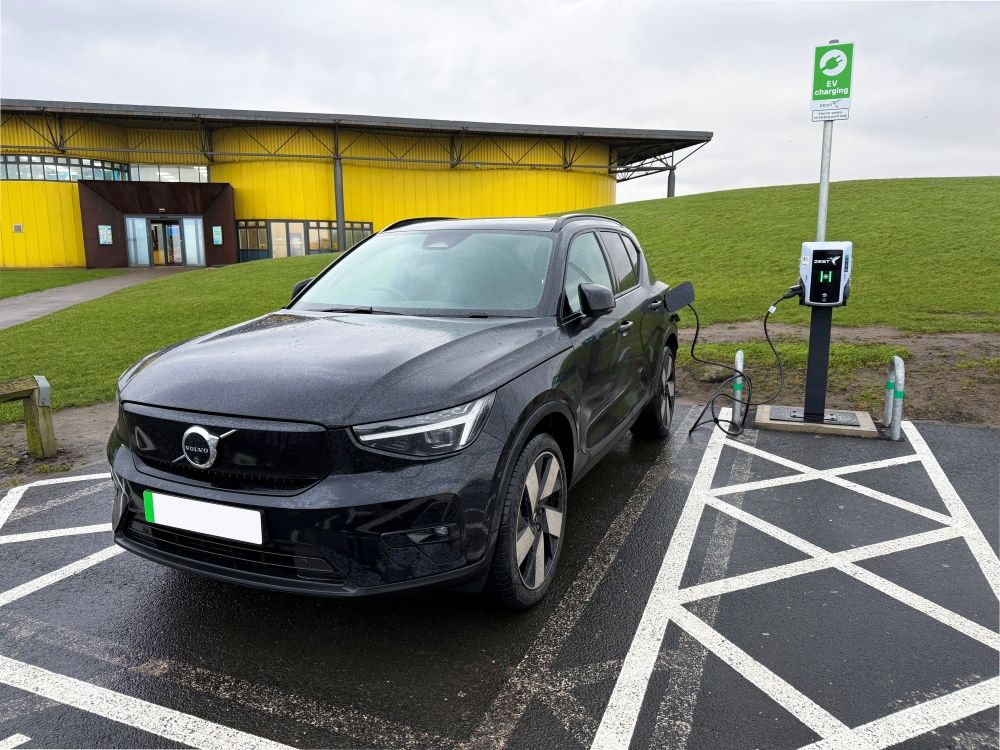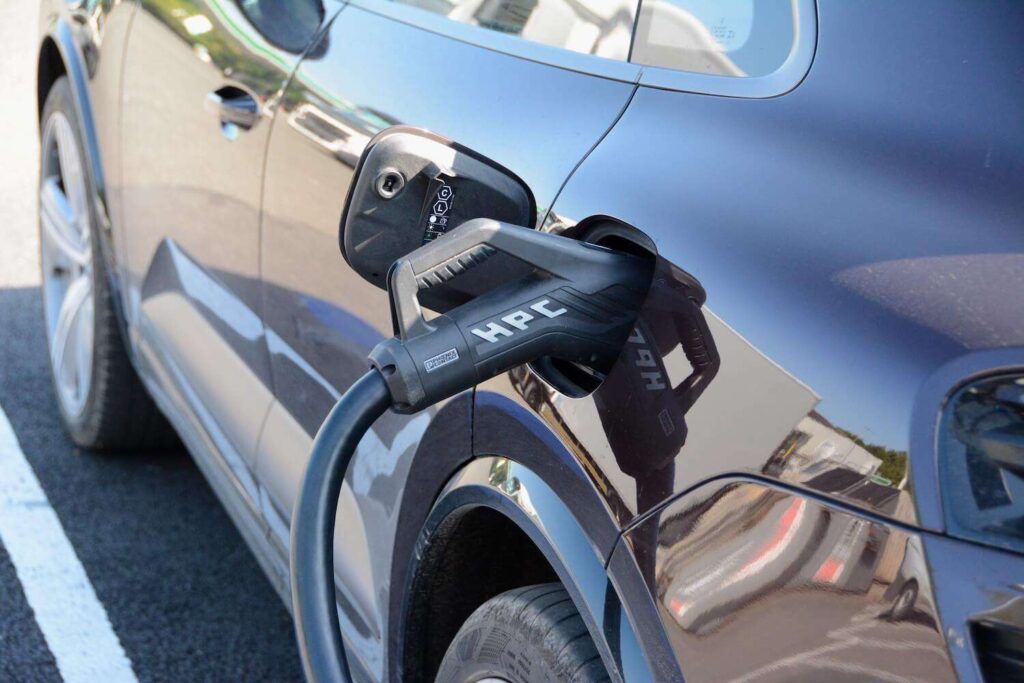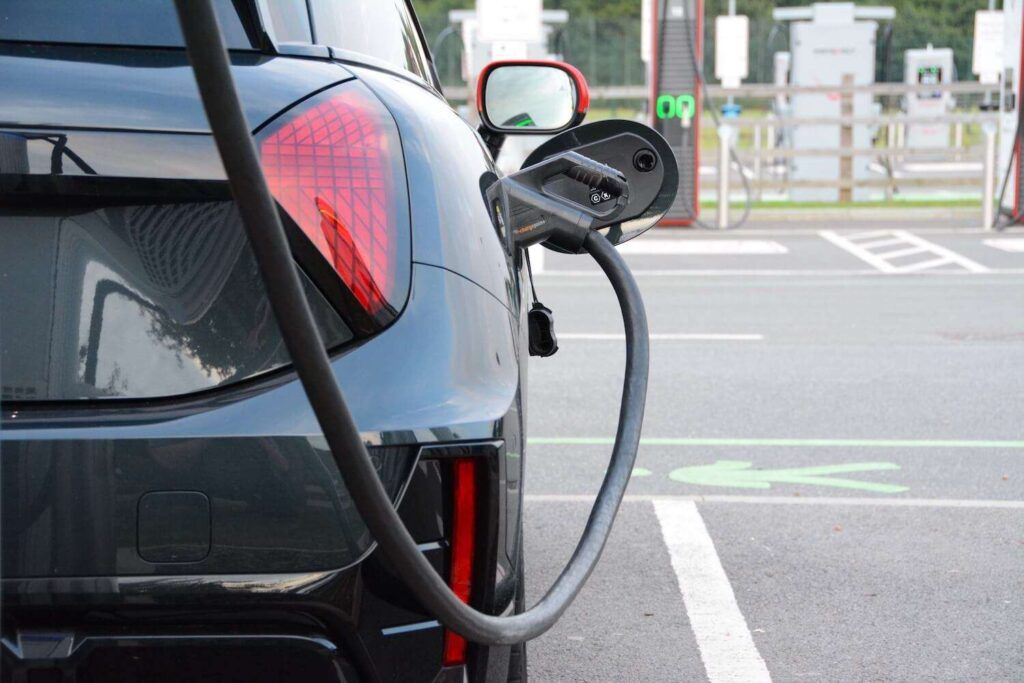The UK new car market has hit the half year million motors mark for the first time in five years, with the latest figures published by the Society of Motor Manufacturers and Traders (SMMT) also showing an increase in sales of battery electric vehicles (BEVs) – up 7.4% to 34,034 units.
Overall, new car registrations rose in June by a modest 1.1% to reach 179,263 units. As a result, so far in 2024, 1,006,763 new cars have been registered, up 6.0% on the previous year but still down -20.7% on 2019.
June’s market growth was driven primarily by the fleet sector, where uptake rose by 14.2%, while private retail demand fell for the ninth consecutive month, down -15.3%. Retail buyers accounted for fewer than four in 10 new cars registered (37.7%).

Electrified vehicle uptake continued to grow robustly in June, with plug-in hybrid (PHEV) volumes up 30.0% to reach a 9.3% market share, while hybrid electric vehicles (HEV) rose 27.2% to achieve 14.9% of the market. Both powertrains also outpaced battery electric vehicle growth (BEV), which rose 7.4% but took its highest monthly share this year, accounting for 19.0% of all new vehicle registrations.
Overall, BEVs now comprise 16.6% of the new car market so far this year, slightly above the 16.1% achieved in the same period last year, with uptake behind the levels mandated by government.

With the UK heading to the polls today, the automotive industry calls on the next government to provide greater support to the consumer on the journey to zero emission mobility. Re-instating fiscal incentives for the private consumer by way of a halving of VAT on BEVs for three years would re-energise the market, putting an additional 300,000 private BEVs – rather than petrol or diesel cars – on the road over the next three years, on top of current outlooks.2 This would help ensure that in 2035, half of all cars in use would be zero emission, cutting road transport CO2 emissions by 175 million tonnes between now and then.

Vehicle Excise Duty plans should also be revised so zero emission vehicles (ZEVs) are classed as essential rather than “luxury” vehicles, by amending the ‘expensive car’ supplement due to be applied from next April. In addition, public charge point use could be made fairer by reducing VAT from 20% to 5%, in line with home charging – a move that would support ZEV uptake and send the right message to consumers.

Mike Hawes, SMMT Chief Executive, said:
“The year’s midpoint sees the new car market in its best state since 2021 – but this belies the bigger challenge ahead. The private consumer market continues to shrink against a difficult economic backdrop, but with the right policies in place, the next government can re-energise the market and deliver a faster, fairer zero emission transition. All parties are agreed on the need to cut carbon and replacing older fossil fuel based technologies with new electrified powertrains is the essential step to achieving that goal.”
Industry reaction:
Sue Robinson, Chief Executive of the National Franchised Dealers Association (NFDA), said:
“Although the new electric vehicle market has seen another month of growth, the overall year-to-date market share of electric vehicles remains well below the 22% target stipulated by the Zero-Emission Vehicle Mandate. Private demand continues to lag behind fleet, making it clear that revitalising the private electric vehicle market is a pressing issue that must be addressed immediately.
“Despite the new car market’s resilience, with nearly two years of continuous growth, NFDA urges the next government to avoid complacency. Numerous challenges remain, as detailed in NFDA’s General Election manifesto, including the need to reinvigorate the private electric vehicle market as well as address the ongoing skills shortage.
“As the public heads to the polls today, dealerships, through the NFDA, have repeatedly emphasised the importance of these issues in the next government agenda, notably through NFDA’s recent General Election survey.
“NFDA urges the next government to work closely with us and the broader industry to tackle the concerns of dealerships and further unleash the potential of this dynamic sector as we enter the second half of the year.”
Russell Olive, UK Director, vaylens comments:
“New car sales continue accelerating. And growth is largely driven by fleets and businesses who are shifting towards electric vehicle models (EVs) at speed.
“However, to ignite demand among private consumers and meet the targets mandated under the Vehicle Emissions Trading Scheme, there’s likely going to be more calls for the next government to offer more incentives that encourage drivers to make the switch to EVs too.
“It’s also important to remember the tasks involved in managing more EVs on the road, will be totally different to those involved in managing the fuel supply for petrol or diesel vehicles. For example, businesses will need to use EV charging management software to monitor the status of charging points, track energy use, ensure uptime and smoothly manage payments and reimbursements.
“Today’s figures hint that a lot more work still needs to be done in the underlying infrastructure to address pinch points around how the EV market will function effectively long-term, and shift demand up a gear from drivers on the road.”
Main image courtesy of Shutterstock.












